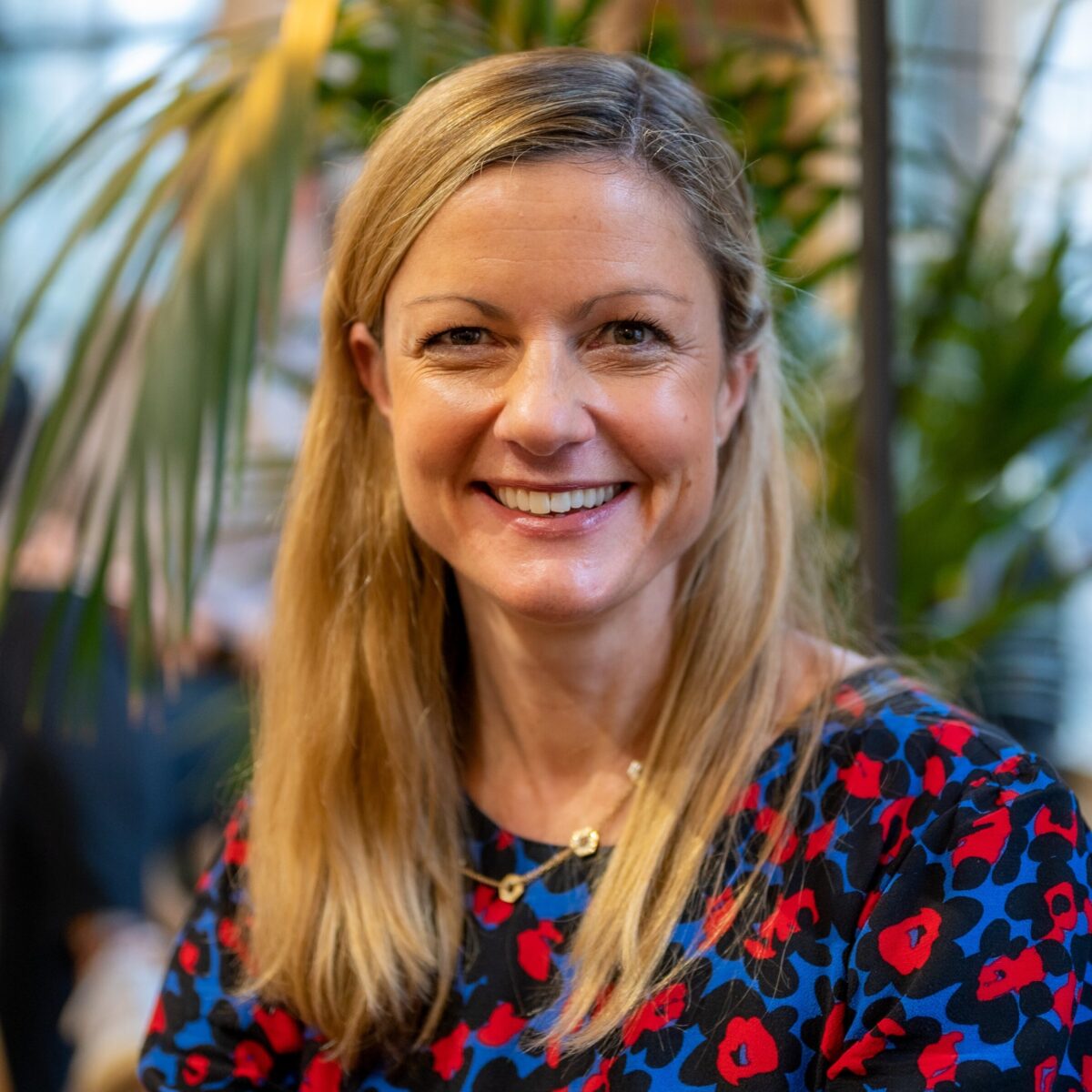Estimated reading time: 6 minutes
In case you haven’t heard already, branded podcasts are a pretty big deal.
You may have already checked out our blog post ‘An Introduction to Branded Podcasts’ in which we explained what branded podcasts are, why they are so important, and why they are such a powerful tool for brands to utilise.
If you are thinking of dipping your toes into the world of branded podcasts, here are our top tips on how to do it. We’ll be looking at:
- Why exactly you are making one (and whether it’s the best option for your brand)
- What you need to plan beforehand
- How to integrate your branded podcast into your brand’s overall marketing strategy
- How to physically create your branded podcast
- How to successfully launch it
Let’s begin!
Step 1: Defining your objectives
In order to identify whether branded podcasts can help you achieve your objectives, first you need to define what they are. Are you hoping to drive awareness, consideration, engagement, retention or improve key brand metrics? All of these can be achieved through branded podcasts.
Whatever your objectives may be, you need to make sure they are clearly defined, alongside trackable KPIs which will allow you to assess your progress over time.
Warning: If you have pure sales objectives in mind, perhaps you need to rethink the branded podcast idea. You might be better off sponsoring somebody else’s podcast or advertising within podcasts instead to drive short-term objectives.
If you need some more advice on this, check out our blog post: Podcast Advertising, Sponsorship or Partnership – Which is Best?
Step 2: Identifying what your target audience needs
How well do you know your consumers? Is there a particular audience that you are wanting to attract to your brand? What makes them tick? What is the core consumer insight which you can tap into in order to connect them with your brand?
Once you understand the habits, interests and insights of your consumer, you need to think one step further: you need to ask ‘why?’. Why are they interested in (insert hobby)? Why do they shop at (insert brand name)? Why do their values align with your brand?
Let’s use an example. Imagine you have identified that your audience loves watching movies, they care about sustainability, and they enjoy dining out with friends. If you dig into this, you might discover that this is an audience who wants to connect with a brand on a more authentic level, that doesn’t want to be ‘sold to’, and they want to ensure that these brands align with their own personal values. Knowing this will be a complete game-changer when it comes to executing your branded podcast and connecting with the consumer.
This is just an example, but it illustrates that the more you understand your audience, the greater your ability to develop content that they value.
TOP TIP: Humanise the consumer. Once you have identified your core audience, bring them to life as much as possible. Give them a name. What do they enjoy watching or listening to? How do they spend their time? Having this person in mind helps you to focus on delivering content that will actually be relevant to them. This doesn’t mean that other people won’t also like your podcast – just that your core audience definitely will!
Step 3: Creating your podcast idea
Now that you have defined your objectives and target audience, you are ready to come up with ideas!

Working with an audio production company (like us) can help you to develop ideas for a podcast that will resonate with your audience. This idea should be linked to the rest of your marketing plans and therefore, you must ensure that you have thought about how an audio strategy fits into your overarching strategy.
If podcasts are a completely new channel for you, consider researching the idea or creative treatment with your audience prior to going into production. Speaking to your audience is a fantastic way of understanding whether the idea, host, guests etc. will actually connect with your target audience to help you achieve your objectives.
Step 4: Production
Technology is so advanced these days that some businesses choose to create their podcasts themselves (what more do you need than a microphone, right?).
Well, just like working with an advertising agency, sometimes the skillset, ideas and expertise far outweigh the benefit of doing it in-house – not to mention the time that is needed to create a podcast that is actually going to deliver.
A production team will guide you through the process of creating a podcast, from developing the idea, to identifying the right hosts, to recording and sound design. You can even lean on the agency to get the podcast hosted across all of the main platforms (if you have never worked within the podcast space and can’t fluently talk about RSS feeds or navigate the various hosting options, this will take a lot of the pain away for you).
Step 5: Cost
The cost to create your podcast will be largely dependent on the final idea, the quality of the production and the talent involved. However, it’s good to have a ballpark in mind at the start of the project. Otherwise, you may find yourself heading way off track later down the road.
Even if you are working with an audio agency or production team, you will still need to keep in mind that developing a piece of branded content is a reasonably labour-intensive project. So, it’s important that you have an internal team working with the production team, as this will ensure that the end result is a true partnership. If this isn’t possible, then be prepared to release some of the creative control and put your trust in the production team to deliver what you need.
Step 6: Launching your podcast

So, you have developed your idea and you have started the production process. But if you want your podcast to succeed, you need to start thinking about how you are actually going to launch it.
If you leave this planning until the last minute, it will be much, much harder to develop the traction that you need to make it a success. Just think about how many podcasts are out there. If you don’t have a way to cut through this clutter and encourage your audience to listen to it, you will easily get lost.
Engage the marketing team as early as you can, ensuring that you have a clear brief in mind (2-3 months ahead is ideal). You’ll need to define your:
- objectives
- target audience
- KPIs
- proposition
- budget
You will also need to bring to life anything about your brand (do you have a clear brand strategy/identity/broader campaign?) and work with the production team to develop your creative assets (key art, motion graphics etc.).
When it comes to promoting your show, there are a few factors that could potentially make this an easier or harder task.
If you are simply talking to your existing audience, then your job will be much easier in that you can use all of your owned channels (website, emails, social platforms etc.) to talk about the podcast and to drive traffic.
If you are trying to reach a new audience, then you need to consider how you are going to tell them about your new podcast. This will require a media budget and preferably PR support. As a rule of thumb, expect to spend more than the production in order to drive awareness and downloads.
Discoverability is one of the core challenges within the podcast industry and therefore you need to ensure that you are making it as easy as possible for your audience to find the podcast. Think of the launch of your podcast in 3 key stages: Announce, Launch and Sustain. You can find out more about these 3 stages in this blog post: Top Tips for Successfully Launching a Podcast.
Hopefully, we have now given you plenty to think of in terms of planning, producing and launching your podcast. You should have a better idea of what you need to clearly define during the planning stage, and how you can practically go about making your branded series.

